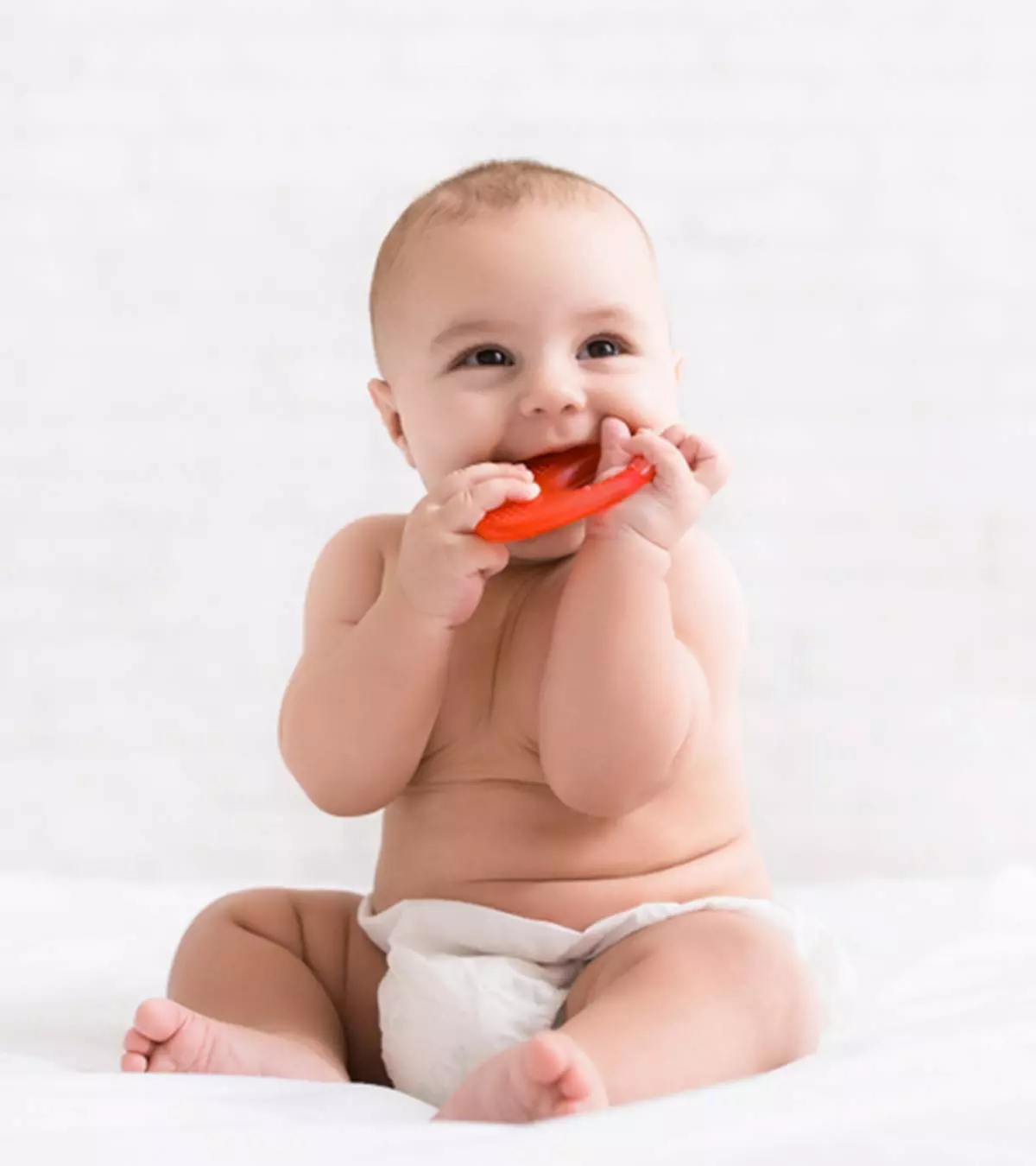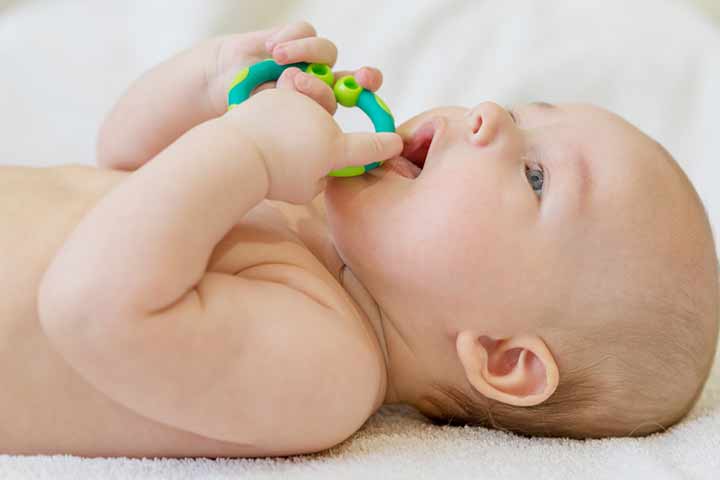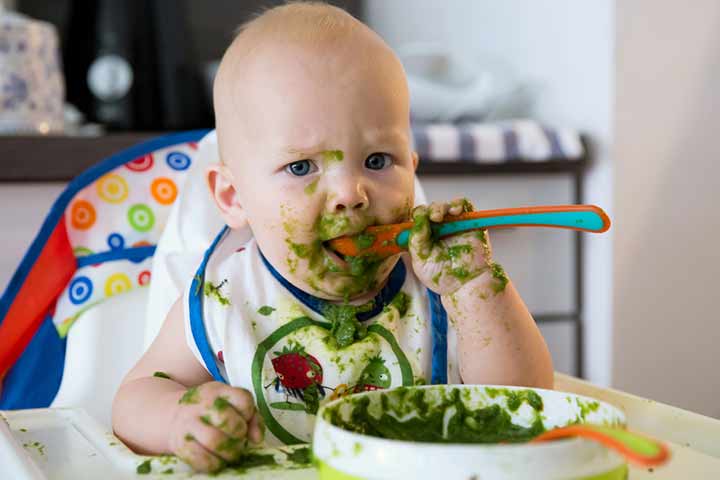
Image: Shutterstock
Whether you’re a first-time parent or come with a lot of experience, one thing that often takes people by surprise is a baby chewing their tongue.
Do you relate?
Well, of course, you do!
It’s natural for toddlers to chew on their tongue, and there’s no one reason for them to be doing so! From exploring their tongue to just chewing on it because they get a kick out of it, it’s a painless way for babies to keep themselves occupied.
While some of you may say, “My baby looks so adorable.” A few others may feel alarmed.
Don’t stress over it, though! An infant chewing on their tongue isn’t worrisome. So you don’t have to go out of your way to understand the reasoning behind it. But just to help keep your worries at bay, keep scrolling to read more on what can be done differently to avoid the tongue-chewing behavior.
Here’s why babies chew on their tongues.
They Are Finding Themselves
Image: Shutterstock
As babies develop, they find out more about themselves and all that their bodies can do. This is great because your baby is open to exploring bodily functions on its own. Say you have a 4-month-old baby who is chewing on his/ her tongue, then the odds are — they just discovered it. The senses are active, and they spend a whole lot of time exploring them.
They Have A Natural Sucking Reflex
Image: Shutterstock
Babies have all sorts of reflexes to justify their needs. Babies often use the sucking reflex using their tongue and mouth to express hunger. Perhaps why, as soon as you take your finger closer to their mouth, they start sucking on it. This could also be the case if you use a pacifier as babies follow their reflex much like adults.
They Are In The Teething Stage
Image: Shutterstock
When infants are in their teething stage, their milk teeth begin to appear, causing some irritation and discomfort around their gums. So babies begin to chew on their own gums or a pacifier-like object that you place in their mouth to comfort the little goofballs. Sometimes, you will notice your baby crying until you rub their gums gently with your fingers. Once they begin to realize that their tongue is a part of their bodily function, they substitute it well and chew on it to seek comfort. And if your baby is in the teething phase, which is causing the tongue-chewing, you will also see behavior like inflammation in the gums and immoderate drooling (1).
They Are Ready To Eat Solid Food
Image: Shutterstock
Once your baby is around 6-months-old, they will start showing signs of readiness to consume solid food. Yes, this is a breakthrough for you as a parent!
Babies start chewing on their tongues as they eat solid foods, which help them form a habit of moving food around in the mouth. But this milestone is accompanied by a tongue-thrust reflex in babies, causing them to push some food out to steer clear from choking on it. And as they keep developing, this reflex fades away gradually (2).
There you have it!
These could be a few reasons why babies chew on their tongues. And as you may have come to realize, most often, tongue chewing among babies isn’t worrisome. It can be dealt with by switching to solid food or placing a pacifier in their mouth to distract them, among other things.
But if you notice any abnormalities like trouble in breathing or any anomalies in their mouth, you can consult with your healthcare provider to get to the bottom of the matter. Apart from this, you’re definitely in the clear. And your main job as a parent is to get creative while finding ways to comfort your baby to help them grow into healthy beings.
















